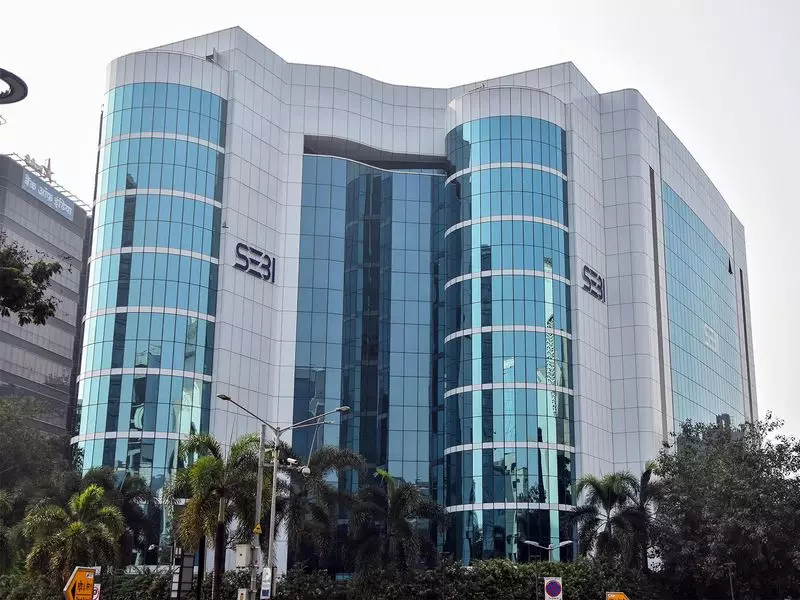
In a landmark move that could reshape India's mutual fund landscape, market regulator SEBI has proposed revolutionary changes that directly link fund management costs to performance while dramatically reducing brokerage expenses.
Performance-Linked Expense Ratios: A Game Changer
The Securities and Exchange Board of India (SEBI) has introduced a groundbreaking concept where mutual fund schemes would charge expense ratios based on their performance relative to their benchmarks. This means fund houses would earn higher fees only when they deliver superior returns to investors.
Key features of the performance-linked model include:
- Expense ratios would vary based on scheme performance against designated benchmarks
- Fund managers would be rewarded for outperforming their benchmarks
- Investors would pay lower expenses for underperforming schemes
- Transparent performance-based fee structure across all mutual fund categories
Massive Brokerage Cost Reduction
In another significant development, SEBI has proposed slashing brokerage charges for mutual fund transactions by up to 50%. This sharp reduction aims to lower the overall cost burden on investors and make mutual fund investments more accessible.
The brokerage reform includes:
- Substantial reduction in maximum permissible brokerage rates
- Enhanced transparency in transaction cost disclosures
- Standardized brokerage structures across fund houses
- Elimination of hidden charges in mutual fund transactions
What This Means for Indian Investors
These proposed reforms represent a major victory for mutual fund investors in India. The performance-linked expense model ensures that fund managers' interests align directly with investor returns, while reduced brokerage charges lower the overall cost of investing.
Industry experts believe these changes could:
- Improve fund manager accountability and performance
- Reduce the total expense ratio for investors over time
- Encourage more disciplined investment approaches
- Boost retail participation in mutual funds
The consultation paper released by SEBI invites feedback from stakeholders until December 7, 2023, indicating the regulator's commitment to implementing these changes after thorough industry consultation.
A New Era for Mutual Funds
These proposals mark a significant shift toward investor-centric regulations in India's rapidly growing mutual fund industry. By linking costs to performance and reducing transaction expenses, SEBI is setting new standards for transparency and fairness that could transform how Indians invest for their future.





